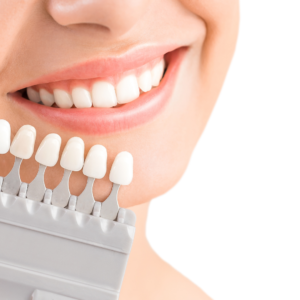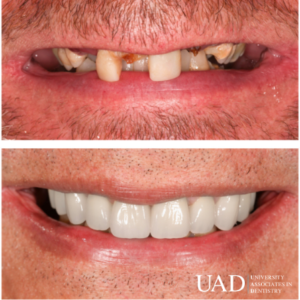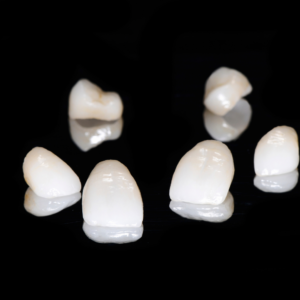
White Teeth Are Always in Style (Even After Labor Day)
Many people develop dull or yellowing teeth over time. A dull smile can take a toll on many of the social aspects of your life. You don’t need a background in cosmetic dentistry to have some idea of what teeth whitening treatment does, and it is now easier than ever to have whiter teeth!
3 THINGS YOU SHOULD KNOW ABOUT TEETH WHITENING
- TEETH WHITENING DOES NOT DAMAGE YOUR TEETH.
If used as instructed by your dentist, professional teeth whitening is incredibly safe. The purpose of teeth whitening products is to break down chromogens in order to remove extrinsic and intrinsic stains from the teeth. The whitening process uses active ingredients to temporarily open pores in your teeth and lift stains. After each whitening session, your teeth naturally remineralize and rehydrate.
- IT IS NORMAL TO EXPERIENCE SENSITIVITY AFTER TEETH WHITENING.
During the whitening process, it is completely normal for sensitivity to occur. Naturally sensitive teeth are most often caused by genetics, thin enamel, or damaged teeth. The teeth become temporarily dehydrated, which reduces their ability to insulate the nerve from temperature changes.
- THERE ARE SEVERAL QUICK AND PAINLESS WAYS TO ACHIEVE WHITER TEETH.
Teeth whitening can be done in your dental office or at home, and it can be done in a few different ways. Ask your dentist which method is best for you, but above all, stay away from home remedies, which can do more harm than good. If you want to get the best results possible, it’s a good idea to work with your cosmetic dentistry practice.
At University Associates in Dentistry, we want you to have the healthiest, most attractive smile possible. Contact our UAD offices to learn more about our teeth whitening in Chicago and the associated cost. Schedule a free consult by clicking here or giving us a call!
UAD phone number – (312) 704-5511
Our dental office in downtown Chicago is located at 222 N LaSalle St.





 We often have visitors to our
We often have visitors to our 



